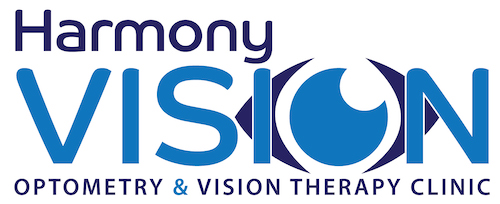Vision and the Gifted Child – Presentation to the Gold Coast Chapter QAGTC
Gifted children present interesting challenges when it comes to vision problems. The two main vision problems important to screen and monitor for in this goup of children are shortsight (myopia) and visual dysfunctions.
Visual Dysfunctions
There needs to be more research into the impact of visual dysfunction in this group of children. Reductions in performance, attention and concentration from undiagnosed vision problems may not be as obvious in this group of children due to the fact that may continue to achieve and complete work more quickly and to a higher standard than their age peers. Whether they are working to their own individual potential may be overlooked for this reason. Some will simply keeping working despite symptoms of blur, movement of print, or headaches and sore eyes.
Some visual dysfunctions like convergence insufficiency and accommodation dysfunction do not create blur but instead result in inconsistent performance or a drop in concentration. Some children might seem to grasp concepts quickly, but can’t seem to stick at doing prolonged writing tasks. These behaviours are often blamed on reasons other than vision because the child can still see the board okay.
Visual dysfunctions like convergence insufficiency and accommodation dysfunction are easily treated with reading lenses and/or vision therapy/training. In rarer cases, some children benefit further from colour lenses, particularly if light sensitive or sensitive to patterns.
Myopia or Shortsight
Research demonstrates that there is an association of increase levels of myopia in children with above average intelligence. Traditionally myopia is simply managed by prescribing glasses to make the board clear. This does nothing to slow the progression of the shortsight and the child needs to keep getting stronger lenses. More recently treatments like Ortho-K and MiSight contact lenses are proving to slow the myopia progression in some children and thus reducing the sight deteroriation that they would otherwise experience.
Because gifted children often do well in school, it doesn’t mean they don’t deserve to have the opportunity to make sure that vision assisting and not interfering with their ability to reach their own potential.
